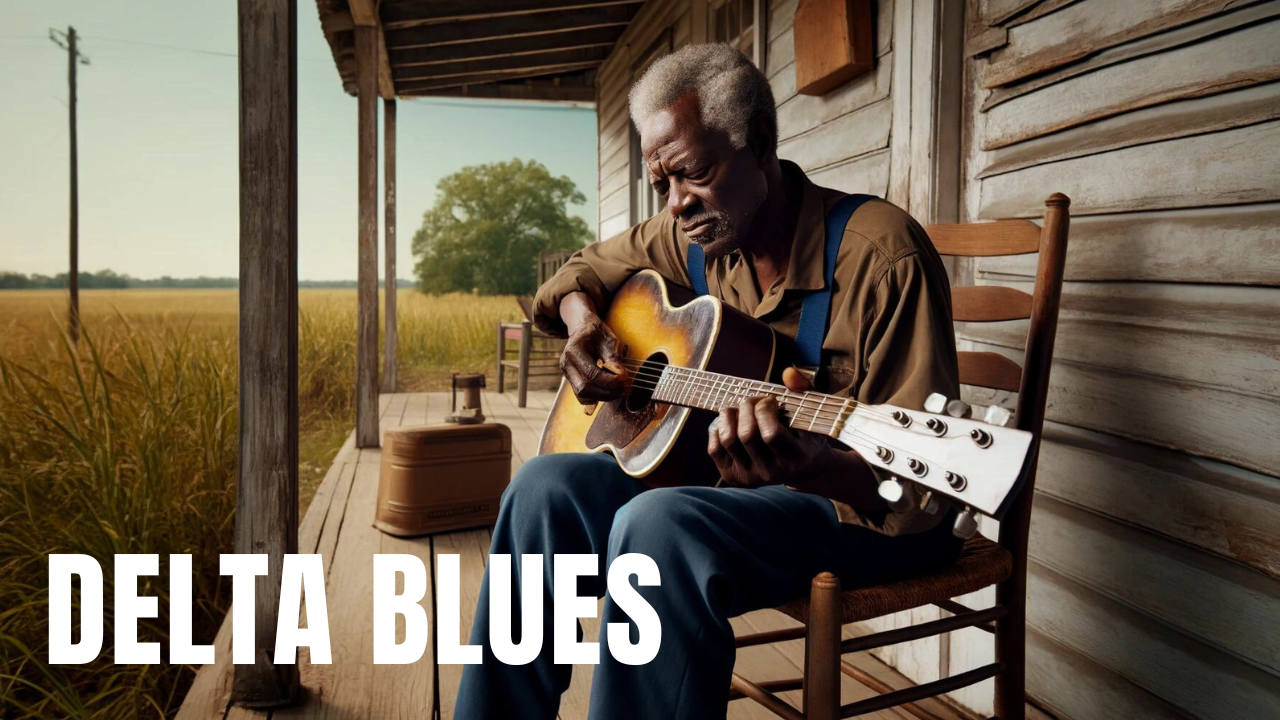Delta Blues

Over the centuries of slavery in North America and the western hemisphere, slaves carried their tribal musical traditions with them onto plantations throughout colonial America and later the Southern States, slowly merging their ancestral vocalizations and rhythms into unique forms of lament and protest over their unjust removal and bondage from their homeland. In the Caribbean, after the Spanish began importing African slaves to work their sugar plantations, slaves on Puerto Rico again united under a common language of resistance, resilience and self-expression now known as Bomba Puertorriqueña or simply bomba.
A New Sound
During the Civil War, white Union soldiers took note of their black counterpart’s unique songs about the war, in which they emphasized less than harmonious tones, offering yet another glimpse into the origins of delta blues. Epicentered on the Mississippi Delta, home to the fertile plain that run between the Mississippi and Yazoo Rivers, field hollers and work chants further contributed to the birth of delta blues, infusing flat-noted, guitar dominant polyrhythms with the howling, barking, discordant vocalizations of African tribal music, colliding head on with white American folk traditions and easily accessible musical instruments of the day.
Hardship Lament
Taking root in the late 19th century, before spreading out into Louisiana and Arkansas during the first two decades of the 20th century, delta blues emerged as a form of expression for the hardships and challenges faced by the black community, serving as a musical outlet for the pain, sorrow and disrespect of everyday life. Over time, delta blues developed into an emotive and soulful musical tradition filled with finger style and slide guitar riffs, quickly becoming a mainstay attraction in juke joints throughout the South, before spreading into urban areas of the north, midwest and west during the Great Migration of the early to mid-20th century, when an increasing number of fed up African Americans fled the oppressive Jim Crow laws of the segregated South.
A Super Spreader
Delta blues also spread its influence into other forms of largely black-inspired music, including R&B, Motown, jazz, rap and first generation rock-n-roll, making the delta blues, a lasting force within the evolutionary heritage of American music.
